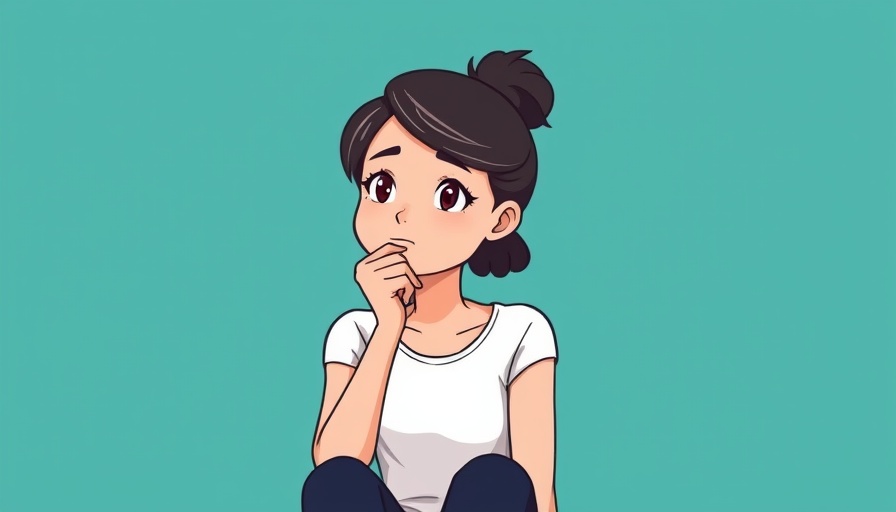
Understanding Trichotillomania: A Journey to Self-Acceptance
Trichotillomania, often misunderstood and misdiagnosed, is a mental health condition that needs more awareness and empathy. As Laura Hope Hobson shares in her personal narrative, this condition, where individuals feel an uncontrollable urge to pull out their hair, can begin in adolescence and can lead to profound feelings of shame and loneliness. The prevalence of trichotillomania among individuals is estimated at 1-4% in the U.S., but that figure could be considerably higher due to underreporting and the stigma surrounding mental health issues.
The Importance of Speaking Up
For many years, Laura kept her struggles a secret, masking her condition with excuses and hiding behind the facade of alopecia areata. Her experience speaks volumes about the crucial need for open conversations surrounding mental health. By sharing her story, she helps to destigmatize trichotillomania, reminding us that vulnerability is a crucial step towards mental wellness. In therapy, she finally found the space to articulate her feelings, paving the way for acceptance and healing.
The Path to Recovery
Finding acceptance in oneself is a journey fraught with challenges but also filled with opportunities for growth. Laura's experience highlights that acknowledging a problem is the vital first step toward recovery. By opening up to a therapist, she took an essential step in addressing her condition and exploring coping strategies. It's essential for others facing similar challenges to remember that they are not alone and that seeking help is both a brave and effective path to healing.
Empowering Others: The Power of Community
Sharing personal stories of struggle can foster community among those affected by trichotillomania and similar conditions. Laura Hope Hobson's narratives encourage connection and dialogue, pushing back against the isolation that many feel. For those grappling with their own health challenges, reaching out to peers or support groups can create a sense of belonging and understanding that is vital for mental health. Remember that embracing your imperfections and finding a supportive community can lead to empowerment and freedom.
In conclusion, learning about conditions like trichotillomania helps us cultivate empathy, grow in self-acceptance, and support one another in our journeys toward wellness. It's vital to stay informed and nurture a supportive environment for open discussions about mental health.
 Add Row
Add Row  Add
Add 




 Add Row
Add Row  Add
Add 


Write A Comment